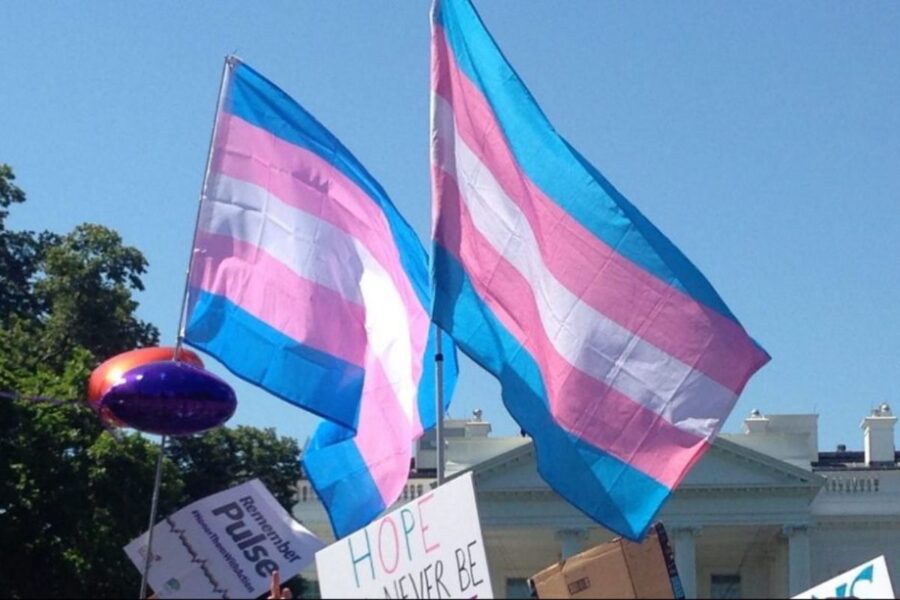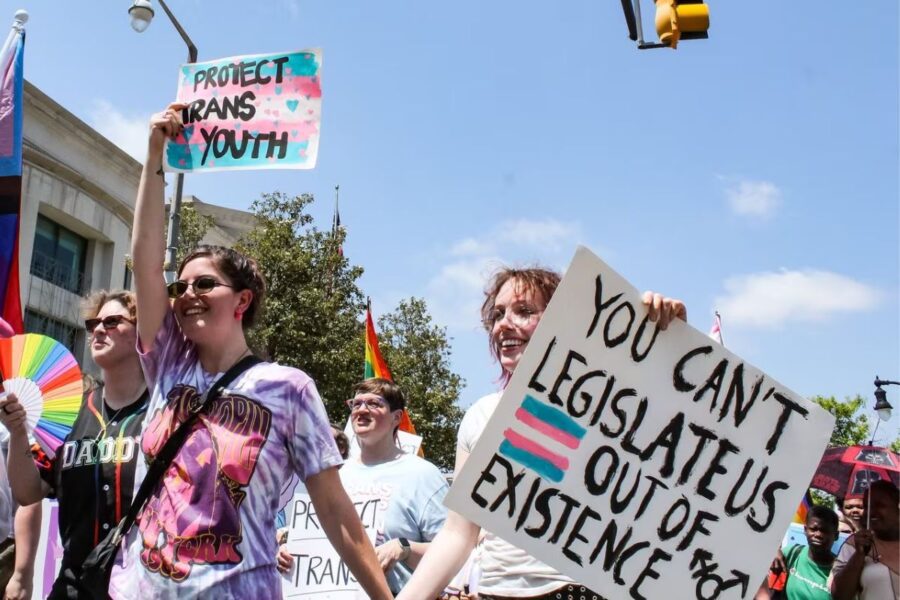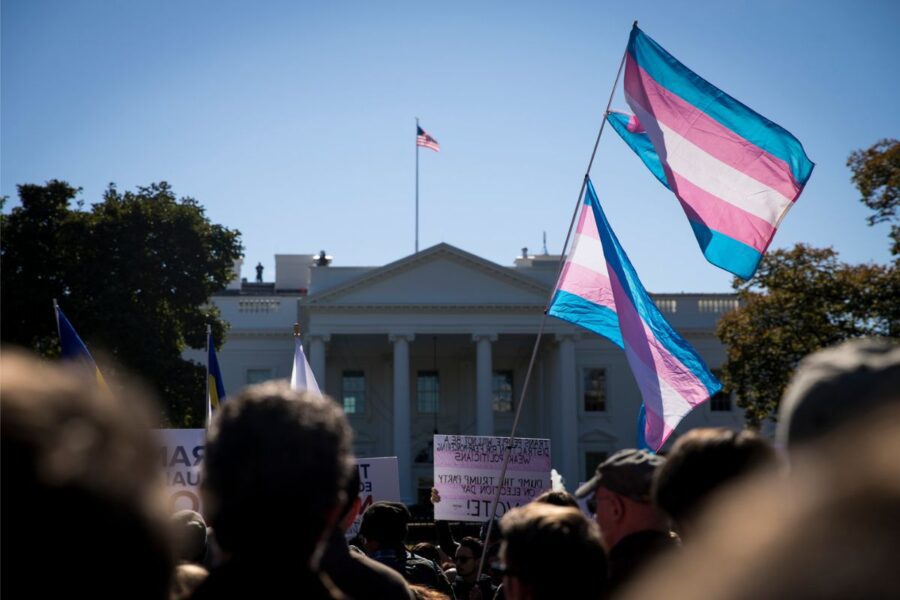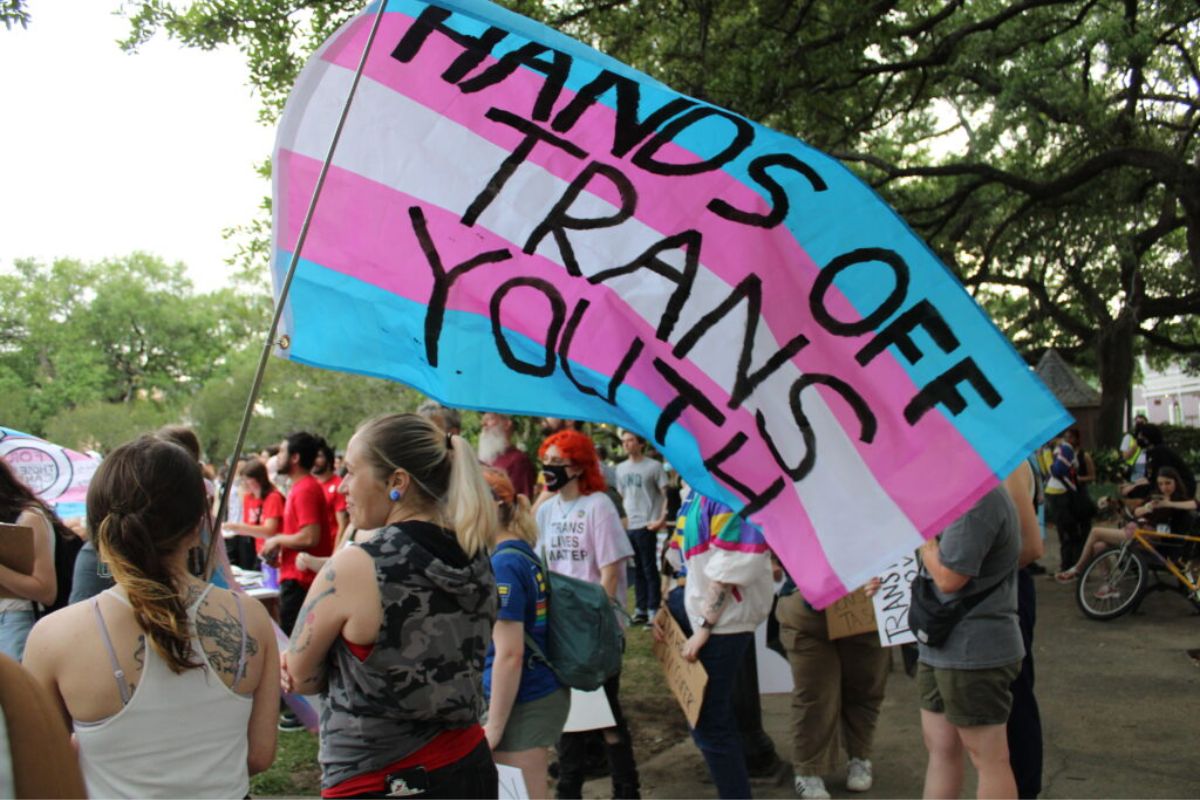Alabama Transgender Youth Families Express: In the wake of a recent federal court ruling, transgender youth families in Alabama have expressed their anger and frustration. The ruling, which upheld the state’s Gender-Affirming Care Ban, has sparked a legal battle and raised concerns about LGBTQ+ exclusion in legislative trends.
Healthcare providers are now navigating within legal limits to provide support and advocacy for transgender individuals. This article explores the immediate and long-term consequences of the ruling and sheds light on the impact it has on the lives of transgender youth.
Key Takeaways
- The U.S. 11th Circuit Court’s decision upholding Alabama’s ban on gender-affirming care for transgender youth has sparked anger and disappointment among transgender youth and their families.
- The ban criminalizes physicians prescribing puberty blockers and hormones to transgender children, denying them access to crucial medical care and sending a harmful message that their identities and needs are not valid or deserving of support.
- Alabama’s ban reflects broader discriminatory legislative trends and raises concerns about erosion of LGBTQ+ rights and potential nationwide regression in equality and acceptance.
- Healthcare providers are navigating within legal limits to provide support and advocacy for transgender youth, offering mental and behavioral counseling to help them cope with the ruling and ensuring they still receive necessary care and support.
Alabama’s Gender-Affirming Care Ban Takes Effect: U.S. 11th Circuit’s Decision
How has the U.S. 11th Circuit Court’s decision on Alabama’s gender-affirming care ban affected transgender youth and their families?
The recent ruling by the U.S. 11th Circuit Court of Appeals allowing Alabama’s ban on gender-affirming care for transgender youth to go into effect has created significant distress and anxiety among transgender individuals and their families. This decision has far-reaching implications for the well-being and rights of transgender youth, as it criminalizes physicians who prescribe puberty blockers and hormones to transgender children, potentially resulting in severe penalties, including imprisonment.
The ban not only denies transgender youth access to crucial medical care but also sends a harmful message that their identities and needs are not valid or deserving of support. Transgender youth and their families are now left grappling with heightened uncertainty, fear, and a lack of resources to address their unique healthcare needs.
This decision represents a significant setback for transgender rights and reinforces the urgent need for legal protections and support for this vulnerable population.

READ MORE: Federal Judge Rejects Pause in Alabama Transgender Health Care Lawsuit
Legal Battle and Reversal: U.S. 11th Circuit’s Overruling of District Judge’s Decision
After a legal battle initiated by families with transgender children, the U.S. 11th Circuit Court of Appeals overruled the decision of U.S. District Judge Liles C. Burke, allowing Alabama’s ban on gender-affirming care for transgender youth to take effect.
The ruling comes after Judge Burke initially blocked the law in May 2022, but was later overturned by a three-judge panel of the 11th Circuit. The recent two-page order from the court did not provide any explanation for their decision, leaving many confused about the potential consequences.
This reversal has sparked anger and disappointment among transgender youth and their families who argue that gender-affirming care is essential for their well-being. The decision has also raised concerns among LGBTQ+ advocates who fear that it could set a dangerous precedent for other states seeking to implement similar bans.
The legal battle over transgender rights continues to be a contentious issue, highlighting the ongoing struggle for equality and acceptance.
Criticism and Broader Implications: LGBTQ+ Exclusion in Legislative Trends
Despite the federal court ruling, the criticism surrounding Alabama’s ban on gender-affirming care for transgender youth highlights the broader implications of legislative trends that exclude LGBTQ+ individuals. This discriminatory legislation not only denies transgender youth access to vital healthcare but also sends a message that their identities and well-being are not valued or respected. Such exclusionary laws perpetuate harmful stereotypes and contribute to the marginalization and stigmatization of LGBTQ+ individuals. The impact of these legislative trends goes beyond Alabama, as similar bills targeting transgender rights have been proposed in several other states. This raises concerns about the erosion of LGBTQ+ rights and the potential for a nationwide regression in equality and acceptance. The table below illustrates some examples of recent legislative trends that disproportionately affect LGBTQ+ individuals:
| Legislative Trends | Implications for LGBTQ+ Individuals |
|---|---|
| Bans on conversion therapy | Denies LGBTQ+ individuals access to mental health support |
| Religious freedom restoration acts | Allows for discrimination against LGBTQ+ individuals on the basis of religious beliefs |
| Bathroom bills | Targets transgender individuals, contributing to their exclusion and harassment |
| Adoption and foster care restrictions | Limits the ability of LGBTQ+ individuals to become parents |
| Employment non-discrimination acts | Fails to provide legal protection against workplace discrimination for LGBTQ+ individuals |
It is essential to recognize the harmful consequences of these legislative trends and work towards a society that values and respects the rights and well-being of all individuals, regardless of their sexual orientation or gender identity.

Medical professionals are responding to the federal court ruling in Alabama by navigating within legal limits to provide support and advocacy for transgender youth and their families. Despite the setback, these healthcare providers are committed to offering mental and behavioral counseling to help transgender youth and their families cope with the emotional impact of the ruling.
While the court’s decision may limit certain medical interventions, medical professionals are working diligently to ensure that transgender youth still receive the necessary care and support they need. They understand the importance of providing a safe and inclusive healthcare environment for all individuals, regardless of their gender identity.
Impact on Transgender Lives: Immediate and Long-Term Consequences
The federal court ruling in Alabama has had profound implications for transgender lives, with immediate and long-term consequences that extend beyond the realm of healthcare. Transgender individuals and their families are experiencing a range of challenges and uncertainties as a result of this ruling. Here is a table illustrating these consequences:
| Immediate Consequences | Long-Term Consequences |
|---|---|
| Disruption of healthcare access | Potential relocation to more supportive states |
| Delayed or halted services | Decreased trust in lawmakers |
| Fear of discrimination and mistreatment | Desire for a more inclusive political landscape |
| Increased stress and anxiety | Disillusionment with the legal system |
| Limited support and resources | Potential impact on mental health |
These consequences are deeply impactful on the lives of transgender individuals, their families, and the broader LGBTQ+ community in Alabama. The immediate disruption to healthcare access and the potential long-term consequences of relocation and decreased trust in lawmakers highlight the urgent need for advocacy and legal challenges to these restrictive laws. Efforts by organizations like Prism United and the Campaign for Southern Equality are crucial in providing support and fighting for the rights and well-being of transgender youth in Alabama.

Conclusion Of Alabama Transgender Youth Families Express
The recent federal court ruling on Alabama’s gender-affirming care ban has sparked anger among transgender youth and their families. The decision by the U.S. 11th Circuit to uphold the ban has raised concerns about LGBTQ+ exclusion in legislative trends.
Healthcare providers and advocates now face the challenge of navigating within legal limits to ensure adequate care for transgender individuals. The immediate and long-term consequences of this ruling on transgender lives remain a pressing concern.
Our Reader’s Queries
What is the gender-affirming care ban in Alabama?
In Alabama, the ban establishes a felony offense, carrying a potential prison term of up to 10 years, for doctors providing puberty blockers or hormones to individuals under 19 to support the affirmation of a new gender identity.
Can you legally change your gender in Alabama?
To undergo a gender change, you must possess an original or certified copy of the court order for your name change and another court order confirming the change of your gender. The court order fee is distinct and may vary among different courts.
What drugs are used for gender-affirming care?
Estradiol for female hormone therapy can be administered orally as either estradiol or estradiol valerate, or through transdermal methods using a gel or patch. Anti-androgen medications include cyproterone acetate, spironolactone, and GnRH analogs like leuprorelin. For virilizing hormone therapy in cases of female-to-male gender dysphoria, testosterone is applied through a transdermal gel.

